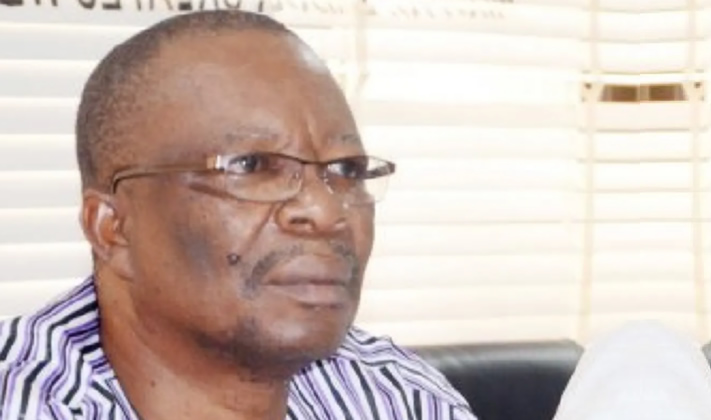The Federal Ministry of Education has established a 31-member committee tasked with renegotiating the agreement between the Federal Government and the Academic Staff Union of Universities (ASUU). This committee is scheduled to be inaugurated next Wednesday and represents the government’s proactive approach to preventing academic disruptions across universities, particularly in light of ASUU’s recent threat of industrial action. According to Folasade Boriowo, Director of Press at the ministry, the government is making substantial efforts to engage with ASUU’s concerns and hopes that the formation of this committee will deter the union from pursuing another strike.
ASUU has issued a 14-day ultimatum to the Federal Government, demanding resolution on several unresolved issues, or else it would initiate another strike. Key among these demands is the finalization of the renegotiation of the 2009 FGN/ASUU Agreement, which ASUU wants to base on the Nimi Briggs Committee’s Draft Agreement from 2021. Furthermore, ASUU is pressing for the disbursement of withheld salaries from the 2022 strike, and the payment of overdue amounts for staff on various contractual arrangements, which have been delayed due to complications with the Integrated Payroll and Personnel Information System.
In addition to these immediate financial concerns, ASUU is advocating for funding aimed at revitalizing public universities, funds that were partially allocated in the 2023 Federal Government Budget. The union is also calling for the payment of Earned Academic Allowances, another budget item that remains outstanding. The collective aim of these demands is to enhance the working conditions of university staff and improve the overall academic infrastructure, which ASUU insists are critical for maintaining the quality of education in Nigeria.
The ASUU President, Prof. Emmanuel Osodeke, voiced deep frustration over what he perceives as the government’s lack of commitment and use of delaying tactics. Osodeke argues that these tactics are exacerbating the crisis within the public university system. He emphasized that ASUU is offering the government an additional 14 days – in supplement to the earlier 21-day ultimatum – during which the issues must be conclusively dealt with in a manner satisfactory to the union’s members. The ASUU leadership made it clear that any resulting industrial unrest would not be their responsibility if the government fails to act decisively in the time allotted.
This situation underscores the ongoing tensions between the government and ASUU regarding labor relations in Nigeria’s higher education sector. The formation of the renegotiation committee reflects a recognition of these tensions and a willingness by the government to engage with ASUU before a potential strike disrupts the academic calendar. This proactive measure, however, will require genuine commitment and cooperation from both sides to formulate solutions that address the pressing concerns of university staff while ensuring the continuity of education for students.
In summary, the establishment of the 31-member renegotiation panel by the Federal Ministry of Education signals a critical moment in the ongoing discussions between the government and ASUU. With ASUU holding firm on its demands and the threat of a strike looming, the next few weeks will be pivotal in determining whether sustained dialogue can lead to a resolution that benefits both university staff and the broader educational landscape in Nigeria. The effectiveness of this committee in addressing the issues raised by ASUU will be closely watched, as it holds the key to mitigating further conflict in the educational sector.


